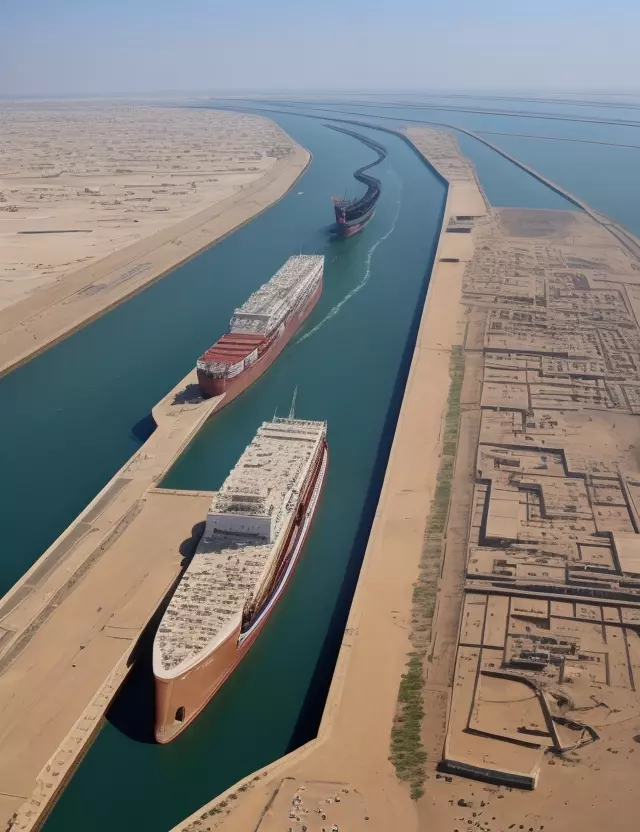The Convention of Constantinople: Guaranteeing Suez Canal Access
A Historic Treaty for Global Maritime Trade

In 1888, the Convention of Constantinople marked a watershed moment in global maritime trade. This international treaty, signed by several nations, solidified the principles of free maritime passage through the Suez Canal, securing a crucial artery for global commerce.
The Suez Canal: A Strategic Waterway
The Suez Canal, connecting the Mediterranean Sea to the Red Sea, served as a critical water route for international trade.
The Need for an Agreement
As the Suez Canal's importance grew, a need arose for an international agreement to ensure unimpeded access.
The Convention of Constantinople
The Convention, held in Constantinople (modern-day Istanbul), brought together key nations to negotiate and ratify the treaty.
Principles of Free Passage
The treaty guaranteed the principles of free maritime passage for all vessels during peace and war.
Global Impact
The Convention of Constantinople had a profound impact on global trade, streamlining transportation and boosting international commerce.
Modern Significance
Even today, the principles established in 1888 continue to influence the use of the Suez Canal and its role in the global economy.
The Convention of Constantinople in 1888 stands as a testament to international cooperation and the facilitation of global trade. By ensuring free maritime passage through the Suez Canal, this historic treaty has left an indelible mark on the world of commerce and transportation.



